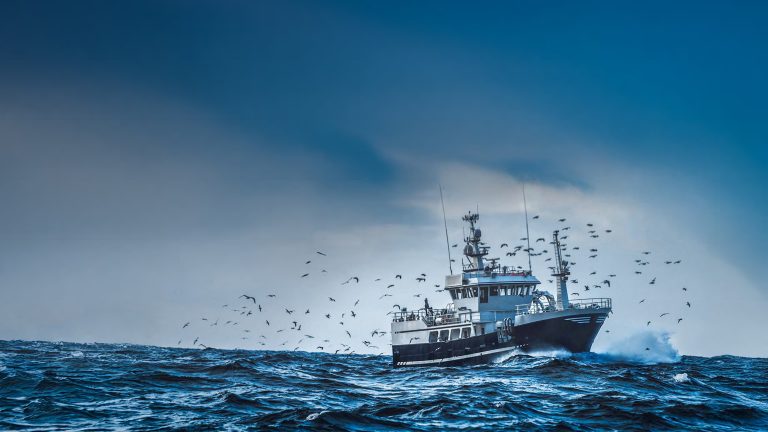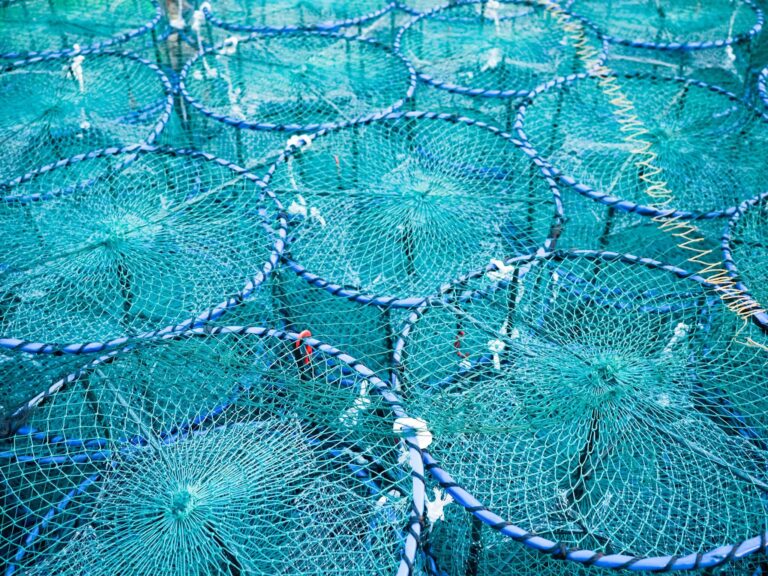Geoduck Fishery Coordination and Dockside Monitoring Program
Archipelago delivers long-term coordination and dockside monitoring for the west coast geoduck fishery, supporting quota management, accurate landing data, and operational oversight to enable effective fishery management under an individual transferable quota system.






